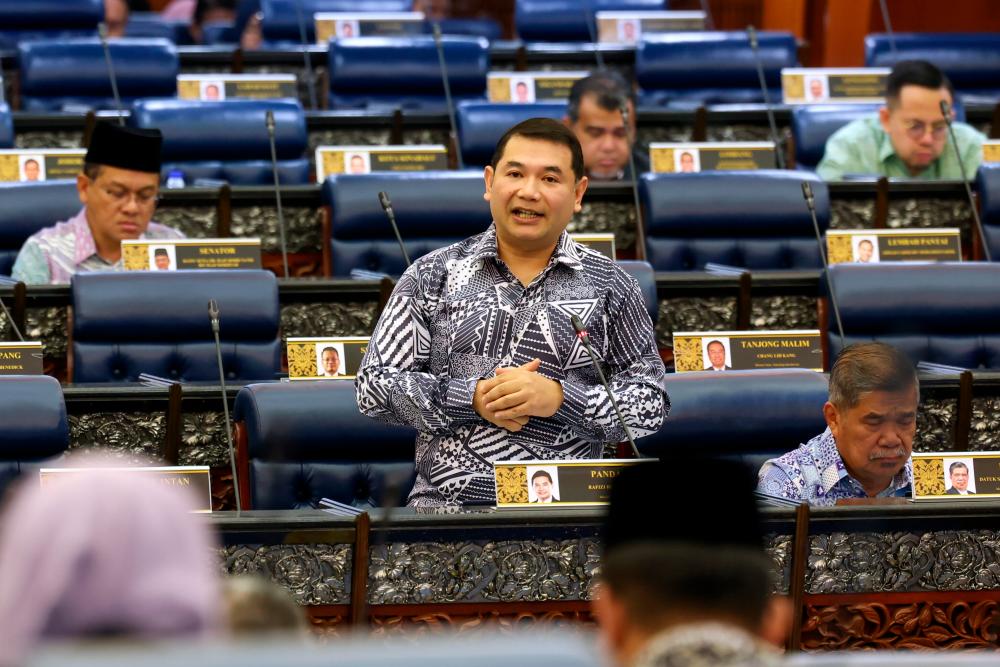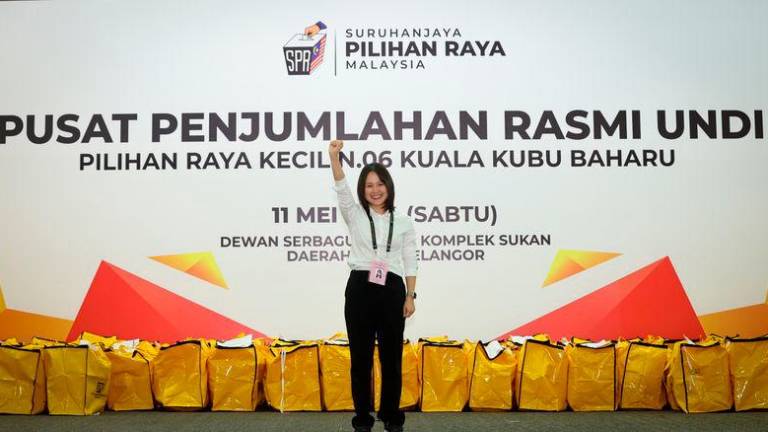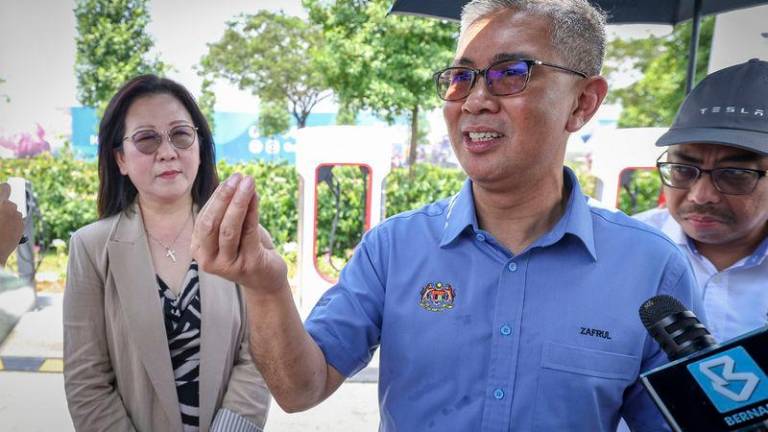PUTRAJAYA: The carbon capture, utilisation and storage (CCUS) industry has the potential to become a new source of national economic growth as well as generate high-value foreign investment, said Economy Minister Rafizi Ramli (pix).
In order to stimulate the CCUS industry on the matter, Rafizi said he will speed up the preparation of a CCUS-related bill to be tabled in Parliament within a period of between 12 and 15 months from now.
“Because it is a new industry, there is a need for a framework in terms of laws, regulations, standards that need to be developed immediately,“ he said at a press conference after officiating at the First CCUS Conference 2023 organised by the Economy Ministry here today.
Rafizi said the preparation of the bill needs to be accelerated as a basis for Malaysia to become an industry leader and CCUS hub in the Asian region considering that the country has a substantive carbon storage capacity, strategic location, good communication network and a conducive business ecosystem.
While waiting for the bill to be fully completed, Rafizi said the Economy Ministry will work with industry players so that the community's understanding, knowledge and development of the CCUS industry can be improved.
“For an industry of this size, of course the risk is big, the investment is big, the question of understanding, acceptance, monitoring by the people is also quite big,“ he said.
In terms of projected income from the CCUS industry, Rafizi said the industry is expected to contribute between US$200 billion and US$250 billion within 30 years.
The CCUS industry is also capable of creating about 200,000 new job opportunities as well as developing small and medium enterprises (SMEs) in related fields, he said.
In July, the government launched the National Energy Transition Plan (NETR) which set a target to develop three CCUS hubs by 2030, with a carbon storage capacity of up to 15 million tonnes per year.
The NETR is a plan developed to recognise CCUS as one of the focus areas and catalysts of energy transition initiatives capable of opening up economic opportunities and reducing the carbon footprint sustainably. -Bernama










